People spend a third of their lives at their jobs – that is why it can be so stressful when workplaces evoke negative energy affecting team members’ overall well-being. Toxicity in the workplace is not uncommon, and companies with these issues should address their culture to facilitate a more harmonious and productive team dynamic.
A toxic work environment is not just about having low morale and dreading every workday. It is also a matter of psychological wellness. In a study by ‘Beyond Blue’ 91 per cent of employees believe in the importance of mental health in the workplace. One in five respondents, or 21 per cent, also said they took time off over the past year due to feeling mentally unhealthy at work.
With a demotivated team, any company will experience ripple effects that eventually lead to decreased productivity. That said, establishing a better work atmosphere is a team effort and can only be achieved by holding oneself accountable for your actions. Leaders must know how to take charge of transforming these workplace behaviours and make sure that no team member is left behind.
What Constitutes a Toxic Workplace?
The parameters of toxicity vary from person to person, but toxic office environments involve violation of individual well-being. Employees in a toxic work environment may feel progressively unhappy and dissatisfied with their roles. They may also feel overworked, underpaid, and unable to establish a good work-life balance.
In addition, they may feel victimised by favouritism and workplace bullying and may even face discrimination and harassment. The issue also is burdened by tyrannical management and its close cousin, micromanagement. Team members, especially those that do their best work independently, may feel overwhelmed with having little to no agency and having to follow inflexible top-down processes without the capacity to provide input.
What Organisations Can Do to Keep Toxicity from Taking Hold
The above factors are already part of the fabric of workplace culture, and thus change requires a shift in mindset for leaders and members. Though this fact may seem discouraging, the good news is that it is never too late to pivot toward a better path for everyone involved.
With that in mind, the following are a few ways that people within an organisation can stop a toxic work environment from developing:
Communicate Openly
A workplace wrapped in secrets, gossip, and clique behaviour might not work as efficiently as it should. Honesty may be uncomfortable, but team members must identify problems to take the mental load off team members’ shoulders.
Some employees are afraid to raise issues and ask for help due to being previously ridiculed. To resolve this, you should encourage senior members and team heads to be approachable. While it is necessary to project a sense of authority and respect, it does not do leaders any good to have subordinates cower in fear and avoid sharing ideas. Good leaders encourage members to harness their full potential, benefiting their careers and the company.
With this, mutual feedback is necessary to ensure that the whole team can still foster a good working relationship. Leaders can set aside time to understand the individual situations of team members. In turn, members should have an avenue to adequately communicate what they see as possible improvements to workplace procedures.
Humanise the Team
Your team may be performing like a machine, but team members are human, too. Both direct reports and leaders need to listen without judgment and see things from each other’s point of view. It is a good practice to check on members, especially those who might not be performing as well, to see if certain aspects of their personal lives impact performance.
Humanising the team also means ensuring a work-life balance for everyone. So, encourage the whole team to balance their time for work and their time for themselves. Avoiding burnout will induce positivity within an organisation and do wonders for overall efficiency.
Promote a Culture of Helping
While healthy competition in the workplace can motivate team members to do their best, others may struggle to keep up with stressful demands. Having an “it’s every man for himself” mindset and over-relying on top performers will lead to an unstable work environment and, in some cases, favouritism.
To avoid this, encourage collaborative efforts with team members, especially between those who perform well and those who have not. Consider continually observing problematic members that might need some coaching and extra motivation.
Employees should also consider having their group of friends at work. Having a designated friend group will provide employees with a supportive network and an avenue to air out emotions in a healthy manner, and remember to be inclusive in your group of friends.
Give Well-Earned Rewards and Recognition
Employees can feel demotivated when their hard work is not recognised. As leaders, give team members credit where credit is due. Do not belittle their efforts if they fall short. Giving well-earned recognition will motivate your employees to work better, be more productive, and stay loyal to the company.
Detoxifying Work Takes Work
Workplaces, especially those that are growing, will have some diverse personalities. Due to this, there will be some members of the team that will not get along with others.
As with any working relationship, the effort to mitigate conflict requires mutual commitment. And as much as leaders need to empathise with their direct reports, team members must also determine if they have unhealthy habits that negatively affect others. Only then can said members work on changing these undesirable behaviours.
With enough patience and commitment, any team can detoxify in favour of a healthier workplace that promotes openness, understanding, and mutual respect.
If you want to know more, call us on 1300 551 274 or send an email at team@teamfocusplus.com. We look forward to hearing from you.





